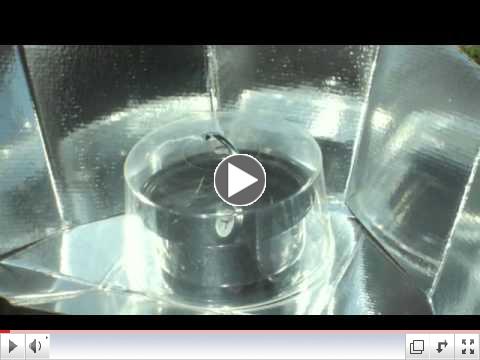Greetings!
Happy July! This issue includes highlights from the Socio-cultural Data Evaluation Summit, updates on the 2012 TIDES Demo and info about our Reference Library. Also check out Pat McArdle's new video on solar cooking for refugee camps.
|
|
2nd Socio-Cultural Data Evaluation Summit
 Last month, our colleagues in The Center for Technology and National Security Policy hosted the Socio-Cultural Data Evaluation Summit. Last month, our colleagues in The Center for Technology and National Security Policy hosted the Socio-Cultural Data Evaluation Summit.
The two-day event brought together professionals from government, industry and academia to discuss information sharing, datasets, and the metrics needed to deal with non-traditional data.
DataCards is an attempt to promote discovery and sharing of data sources in support of irregular warfare and socio-cultural analysis, assessment, and modeling. The project focuses on data sources around the world and each source has its own "card" (like a baseball card) that provides a brief description of the source of data.The summit was successful in identifying and prioritizing courses of action for filling data gaps and making cards more searchable. We highly encourage you to join this effort to create a community where socio-cultural data can be shared.
To request an account for DataCards, please email help@datacards.org. |

Bringing Design into the Demo
|
|
TIDES Reference Library
 Our reference library is a great resource for finding or sharing articles, reports and white papers related to the policies, practices, technologies, and organizations that affect humanitarian assistance, disaster relief, and stabilization & reconstruction. This is an ongoing effort and we welcome your contributions to our knowledge repository! Please check it out on our website or add a new reference document by joining STAR-TIDES!
|
|
Improving Solar Cookers for Refugee Camps
 Our friend Pat McArdle of Solar Cookers International released a new video highlighting the need for more research and development to improve solar cooking technology. The video outlines the durability issues of current solar cookers used in desert refugee camps and shows some of the research that has been conducted by volunteers around the world. Our friend Pat McArdle of Solar Cookers International released a new video highlighting the need for more research and development to improve solar cooking technology. The video outlines the durability issues of current solar cookers used in desert refugee camps and shows some of the research that has been conducted by volunteers around the world.
|